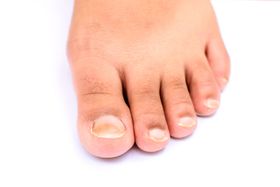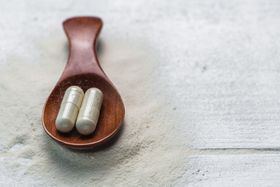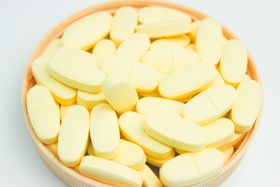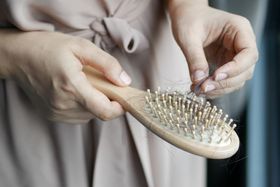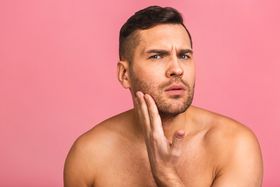Do Amino Acids Prevent Hair Loss?
Published July 22, 2022.
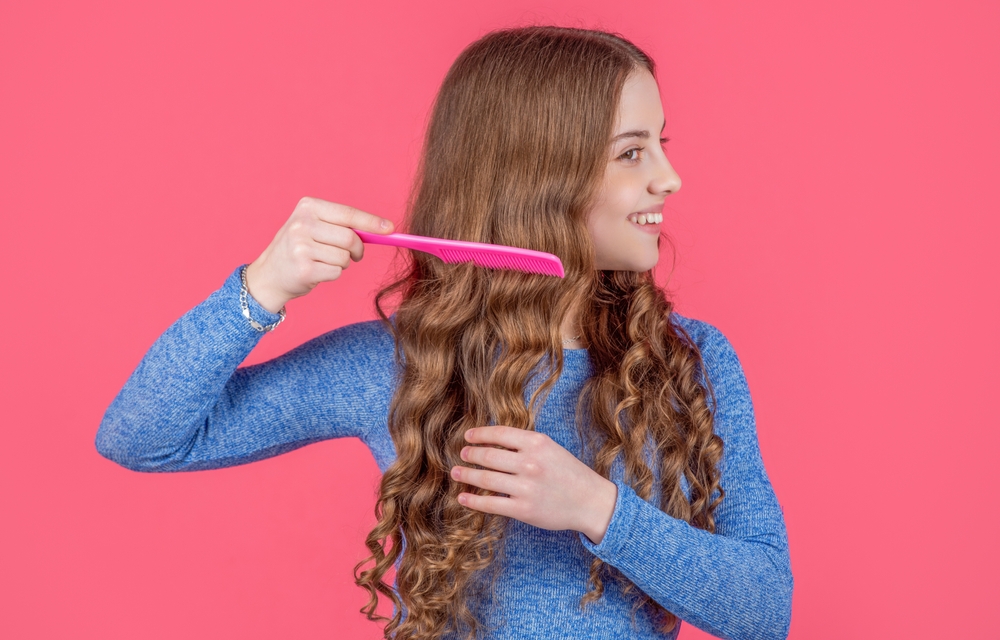
Hair loss is a problem that many people experience some time in their lives. Fortunately, much can be done to treat the condition, so if it’s happening to you, don’t despair.
The causes of hair loss vary, and there are many reasons you could have a receding hairline or thinning hair.
Hair loss can be a result of hormonal changes or medical conditions, including stress and raised cortisol levels. Hair loss is often a sign of a protein deficiency. It can also be hereditary or just a normal part of growing older. It can happen to anyone but is more commonly found among men.
What Are Amino Acids?
Amino acids work hard to give the body much of what it needs to be healthy. They are molecules that combine to form proteins. When these proteins are broken down or digested, amino acids are what’s left.
Your body uses amino acids to grow as it should, repair body tissue, develop healthy hair, provide energy to the body, break down food, and perform many other necessary bodily functions.
Amino acids can be classified into three groups: conditional amino acids, essential amino acids, and non-essential amino acids.
Benefits of Amino Acids for Hair
Amino acids play an important role in growing and maintaining healthy hair. The main benefit of amino acids is preventing hair breakage by strengthening it. Amino acids protect your hair by filling the damaged gaps in the outer hair cuticles.
Some further benefits of amino acids include:
- Some amino acids help with hydration by drawing in moisture for your hair and creating barriers that help stop moisture loss. This helps to prevent frizz.
- In sufficient quantities, amino acids boost collagen production and help protect your hair against sun damage.
- You may have heard of keratin, which makes up a large part of the hair shaft. This essential protein consists of about 18 types of amino acids. It smooths the hair cuticle, making your hair glossy and straighter.
- You can also make your hair look fuller and thicker when you spray your hair with protein products that consist of amino acids.
Best Amino Acids for Hair Loss
Natural hair support is the best way to deal with hair loss. The causes of hair loss can be treated with several amino acids that stimulate hair growth and keep your hair healthy.
Here are the best amino acids that help prevent and combat hair loss:
- Methionine This is a strong antioxidant that can help fight hair disorders. Methionine helps by increasing blood supply to your scalp and follicles, which leads to better hair growth.
- Cysteine Cysteine is considered one of the most important amino acids for healthy hair growth. It works by stimulating new hair growth and protects the hair from the sun and other forms of harmful radiation.
- Glutamine Glutamine works with cysteine to keep your hair healthy.
- Proline This is a non-essential amino acid that boosts collagen production. There are several types of collagen, of which several thicken and strengthen your hair in addition to stimulating hair growth.
- Glycine Glycine is another amino acid necessary for collagen production and healthy hair growth. It also helps protect your body against nerve disorders that cause hair loss.
- Lysine Lysine absorbs calcium and helps form collagen that develops the basic structure of your hair follicles. Thus, hair growth is boosted.
- Cystine Often confused with l-cysteine, this amino acid helps to fight hair loss and stimulates hair growth.
- Arginine This is an essential amino acid necessary for healthy hair. Human hair growth depends on arginine, but the sun depletes it, which leads to damaged and dry hair.
Good Sources of Amino Acids
Many foods are rich in amino acids; by adding them to your diet, you can treat and prevent hair loss. Here’s a quick list of all the best sources of amino acids:
- Dairy products, including cheese and yogurt
- Eggs
- Beans and legumes, such as lima beans, chickpeas, and edamame
- Nuts and seeds, especially almonds, peanuts, and pumpkin seeds
- Certain meats, including pork and beef
- Poultry, especially turkey
- Seafood
- Seaweed
- Soy products
- Quinoa
- Vegetables like celery, mushrooms, cauliflower, asparagus, and avocado
Possible Side Effects of Amino Acids
Although amino acids are natural and should be part of your dietary intake, some people experience mild side effects when taking an amino acid supplement. The most common are:
- Nausea
- Pain
- Headaches
- Adverse effects on blood sugar levels
It’s also possible that amino acid supplements can interact with medications, such as prescriptions for diabetes. You should always consult your doctor before taking any supplements.
Additionally, consider taking a look at the vitamin and mineral deficiencies that may be causing hair loss and the best trace minerals for stimulating hair growth.



